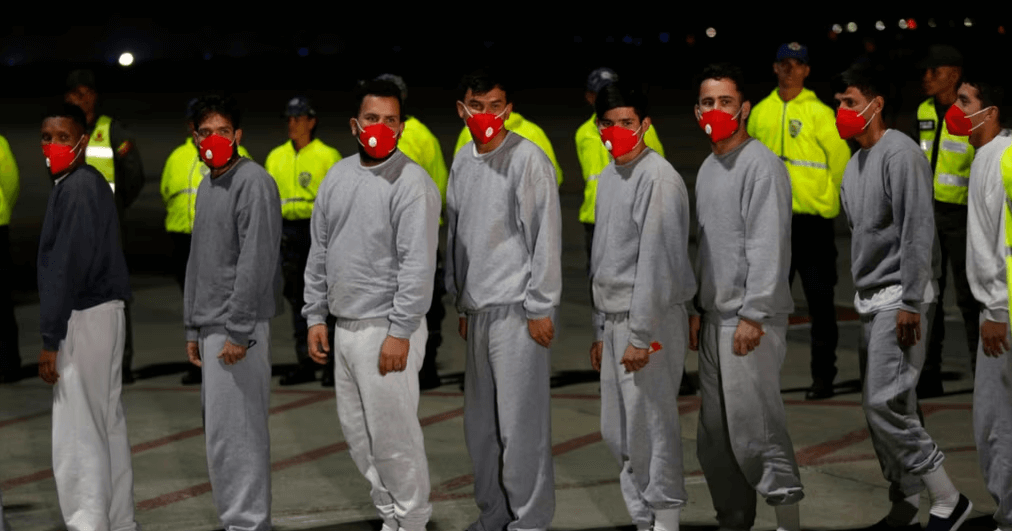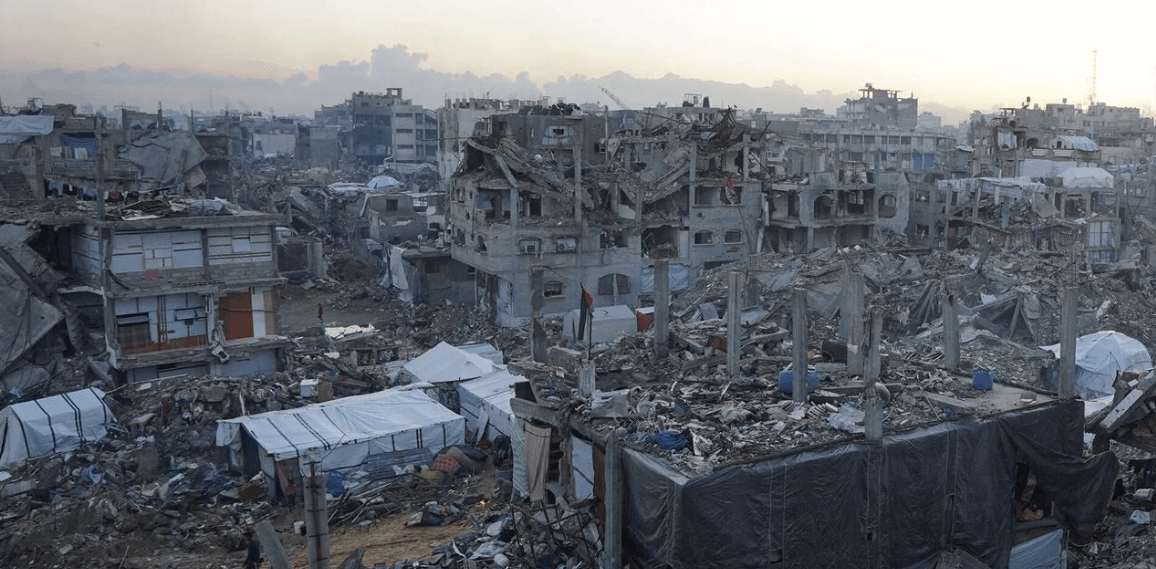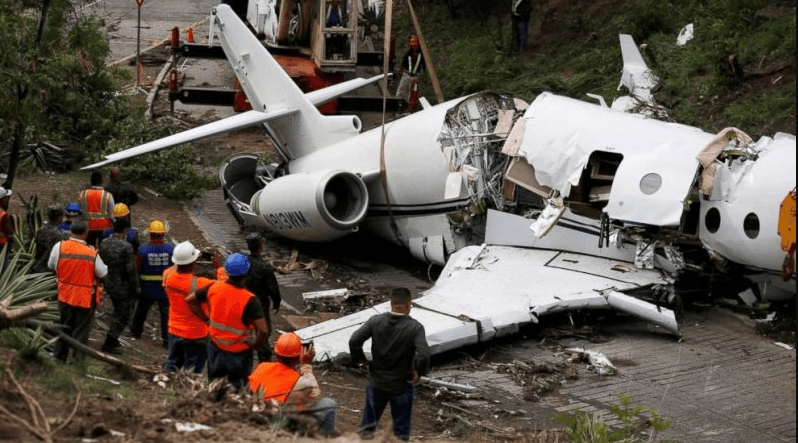In a move that emphasizes growing cooperation between Venezuela and America, 177 Venezuelan migrants were deported from Guantanamo Bay U.S. naval base. The migrants had been at the base awaiting deportation before returning to their home country.
This latest deportation is merely one part of an attempt to police migration between the two nations. Historically, the U.S. and Venezuela have enjoyed an acrimonious relationship, and there has been political tension as well as diplomatic clashes. But in recent times, there have been signs that the two governments are seeking the means to collaborate, at least on migration.
Why Were Migrants Detained in Guantanamo?
While Guantanamo is highly recognized for its controversial detention camp for suspected terrorists, it is also utilized as a migrant detention center for individuals who are apprehended at sea.
The majority of the Venezuelans deported from the base were likely attempting to enter the U.S. by dangerous sea routes, many in overcrowded or unseaworthy boats. The U.S. Coast Guard intercepts such vessels on a regular basis in order to prevent illegal entry and to ensure the safety of those aboard.
American authorities have battled for years to send Venezuelan immigrants back home due to a lack of diplomatic relations with the Nicolás Maduro regime. But in recent months, deportation flights have resumed as part of resumed negotiations between Washington and Caracas.
What This Means for U.S.-Venezuela Relations
The evacuation of Venezuelan migrants from Guantanamo represents a new path in U.S.-Venezuela relations. While political divisions remain, both countries appear to be prioritizing migration, possibly as a step towards more far-reaching cooperation.
For the Biden administration, addressing the growing number of Venezuelan migrants who are attempting to enter the country is a high priority.
The U.S. has seen an uptick in migration from Venezuela, with thousands of migrants pouring across the southern border in hopes of better economic opportunities. With cooperation with the Venezuelan government in deportations, the U.S. aims to more effectively stem the crisis.
Challenges for Deported Migrants
For the 177 Venezuelans who were returned home, the future is not certain. Most had escaped economic hardship, political repression, and social strife. Reverting to Venezuela would be returning to the same hardship that forced them to emigrate in the first place. The Venezuelan government promised to assist returnees but the condition in the country remains challenging.
As the deportations continue to occur, it is not known whether this new cooperation between Venezuela and the U.S. will carry over into other policy areas. In the meantime, the deportation flights represent a temporary moment of collaboration between two nations that have been adversarial for decades.







Leave a Reply